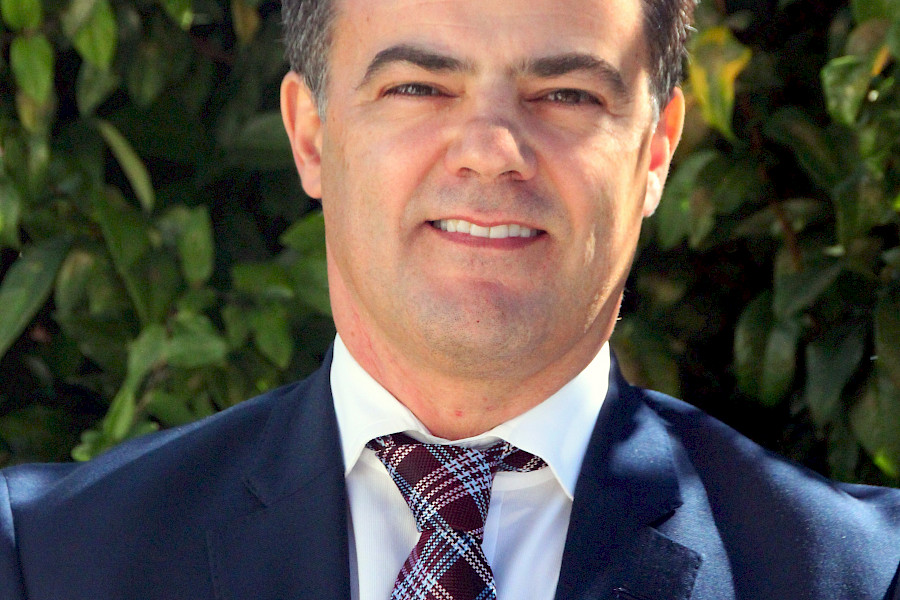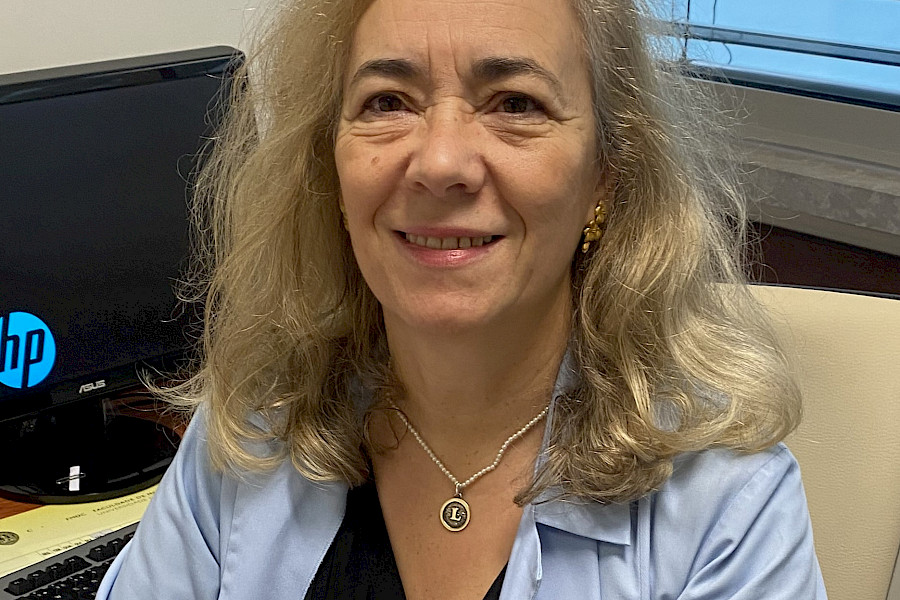International study develops prediction equations for earlier detection of diabetes
The research shows that relying on a single biomarker - fasting glucose - in diabetes screening underestimates its impact on global health.
Abridged version in English: Diana Taborda
An international study involving the UC researchers Aristides Machado-Rodrigues (Research Centre for Anthropology and Health - CIAS, Faculty of Sciences and Technology) and Luísa Macieira (Professor at the UC Faculty of Medicine - FMUC) has developed predictive equations that enable an earlier detection and more reliable diagnosis of diabetes.
Published in the journal Nature Medicine, the scientific article also shows that relying on a single biomarker - fasting glucose - in diabetes screening underestimates its impact on the health of some populations, particularly those in low-middle-income countries. The standard use of the second available biomarker (measuring hemoglobin A1c - HbA1c) could help in earlier diagnosis of diabetes. The nine prediction equations developed in this research work make it possible to estimate specific levels of the two glycemic biomarkers used in diabetes screening (FPG or HbA1c) in regions where only one of the two is measured, thus allocating resources for measuring HbA1c to reduce the global shortfall in diabetes diagnosis and surveillance.
As a chronic disease, diabetes can cause many cardiometabolic complications. Early diagnosis can prevent the onset or worsening of the disease and allow for less invasive treatment.
The UC researchers also stress the need for screening to start at an early age, especially in high-risk individuals (increased BMI and abdominal girth, as well as increased body fat), which would allow early detection of diabetes, a condition that can be present for a long time before being diagnosed.
The research, carried out by a consortium led by Imperial College London and involving around 400 researchers, analysed data on diabetes diagnoses from 2000 to 2021 from 117 international studies. The data included 601,307 adults (56% women) with an average age of 50, of whom 327,554 had complete fasting glucose and HbA1c data.
The scientific article is available here.


